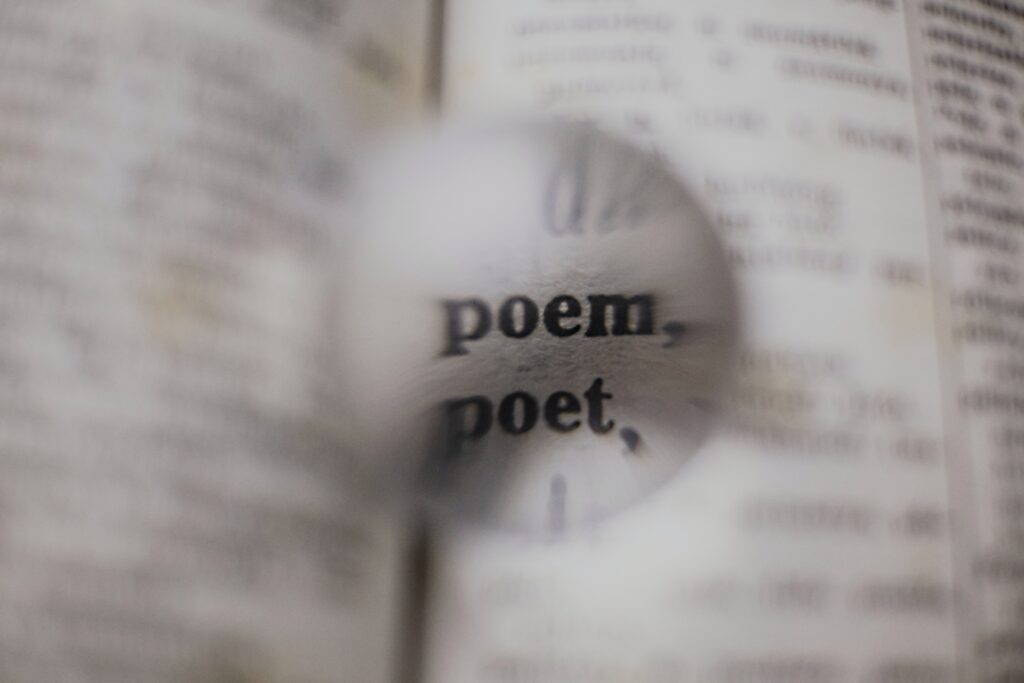CONNECT
Our Follow Me study this Eastertide is called Sing a New Song and psalms and/or singing songs is the spiritual practice. Let’s go back to the beginning, a song is basically a poem set to music. And what is a poem? A poem is a word picture. So how do you write a poem? Well, you know how syrup is tree juice all boiled down until it takes all the extra stuff out? That is kind of what a poem is like. Or if you were telling a friend about something important and you could only use 12 words – you would have to choose those words very carefully, so you could get all the important bits in. That is kind of like a poem.

Poems can be about happy things and they can also be about sad things. One way or another, poems are nearly always about things we feel strongly about – things that we might want to talk to God about. God always wants to listen to us. God wants to hear when we are grateful AND when we are very, very angry with God for letting something happen. God wants to know when we are frustrated, when our hearts hurt when we lose someone we love, or when someone hurts our feelings very, very badly. God wants to know when we feel like we have let God down because we did something we shouldn’t, when we feel ashamed. God also wants to know when we are awe-struck by the amazing beauty of the sun rising, or clouds moving across the sky, or by how incredible a praying mantis is. God wants to know when we laugh so hard our sides hurt. God wants to know when something makes us so happy we smile so big and so hard it makes our cheeks hurt. God want to know when something just makes us FEEL so strongly that tears leak out of our eyes…just because. All of these things are the stuff of poems and poems are the stuff of songs.
Now why am going through all this? Because I want to challenge you to write your own psalm. Just the poetry part. It could be a psalm or praise, of thanksgiving, or one of lament – remember, in the Book of Psalms way more of them are songs of lament than anything else. And biblically speaking, lament covers a wide range of possibilities – grief, anger, frustration, shame to name a few.
Start out with an experience – try to distill it down to as few words as you can, put them in order and see what you think. You might even want to illustrate your poem. You might even hear a tune that would work for your psalm.
This is a wonderful mindfulness exercise as well as a way to tune into talking with God about all the various aspects of your life…even the silly ones.
Simple things…and sometimes not so simple things, done with great love.
Love,
Carolyn Hayes,
Director of Children and Young Families
© 2022 Gaithersburg presbyterian church